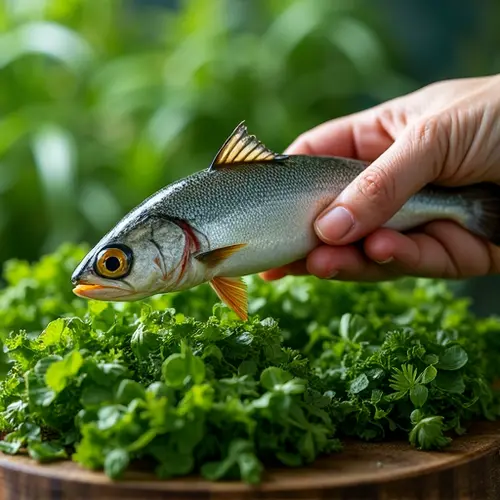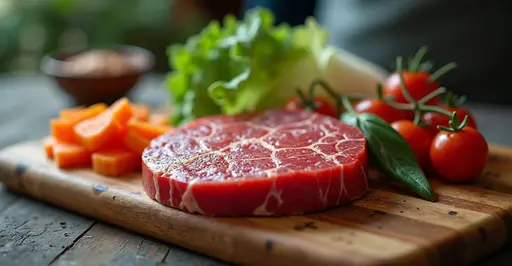EU Parliament votes 355-247 to ban meat-related names like 'burger' and 'sausage' for plant-based foods, citing consumer protection. Critics argue research shows no consumer confusion and the move hinders sustainable food transition.

European Parliament Approves Controversial Plant-Based Food Labeling Ban
The European Parliament has voted to ban the use of traditional meat-related names for plant-based products, marking a significant victory for the agricultural lobby but drawing sharp criticism from environmental groups and consumer advocates. In a 355-247 vote on October 8, 2025, lawmakers approved a measure that would prohibit terms like "burger," "sausage," "steak," and "escalope" for vegetarian and vegan alternatives.
Farmers vs. Environmentalists: A Clash of Interests
The proposal, championed by French MEP Céline Imart from the conservative European People's Party, represents what supporters call a necessary protection for European farmers. "These products come from our livestock farms, period," Imart declared during the parliamentary debate. "We must protect our agricultural traditions and prevent consumer confusion."
However, environmental researchers and plant-based food producers strongly disagree. Koen Boone, an economist and sustainable value chain researcher at Wageningen University, told reporters: "We eat and produce in Europe three times as much meat as what is actually healthy for the climate, nature, and our health. If you look at the total revenues and costs for society that meat production and consumption entail, plant-based is often much more sensible."
Consumer Confusion or Clear Communication?
The central argument for the ban revolves around consumer protection. Supporters claim that terms like "vegetarian burger" or "vegan sausage" confuse shoppers about what they're purchasing. A spokesperson for KNS, the Dutch butchers' association, explained: "Our approach has always been that the name of the slaughtered animal should not be used in the title of a vegetarian product. 'Vegetarian sausage' is fine according to the slagers, but 'vegetarian chicken' is not. Because meat is meat, and what consumers now encounter in the trade is confusing."
Yet multiple studies contradict this assertion. Research from the European consumer organization BEUC shows that an overwhelming majority of consumers are not confused by meat-like names for plant-based products. According to their 2020 study, familiar concepts like "burger" and "sausage" actually help consumers understand how to use these products in meals.
Political Landscape and Industry Impact
The vote revealed significant political divisions. While the European People's Party and Socialists & Democrats showed mixed voting patterns, the smaller Left and Green factions overwhelmingly opposed the measure. This represents the second attempt at such a ban, following a similar proposal that failed in 2020.
Willem van Weede from the company behind De Vegetarische Slager and Vivera expressed concern about the practical implications: "I don't really want to think about what this would mean for us. You get very strange, inappropriate names that don't do justice to how delicious these products are. A 'disk' or 'slice' or whatever you can think of."
Major retailers including Aldi, Lidl, and Burger King have joined consumer organizations in opposing the ban, arguing that it would create unnecessary bureaucracy and hinder consumer understanding of plant-based alternatives.
What Happens Next?
The parliamentary vote is not the final word. The proposal must now be negotiated in interinstitutional talks between the Parliament, European Council, and European Commission. The Commission had previously proposed a more moderate approach in July 2025 that would have preserved terms like "burger" and "steak" for plant-based products.
If ultimately approved, the legislation would require EU member states to implement the naming restrictions, potentially creating significant challenges for Europe's growing plant-based food industry, which has seen substantial investment and consumer adoption in recent years.

 Nederlands
Nederlands
 English
English
 Deutsch
Deutsch
 Français
Français
 Español
Español
 Português
Português









